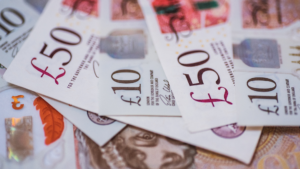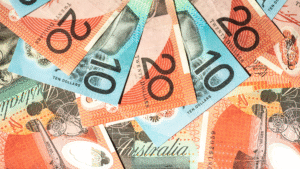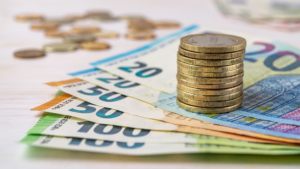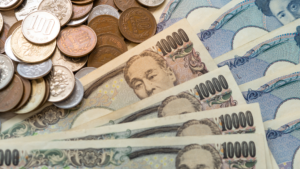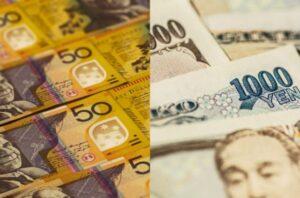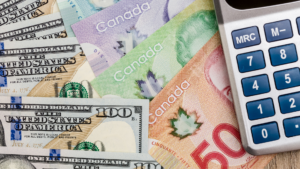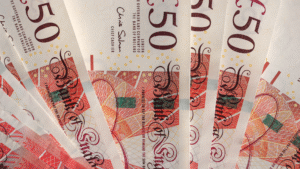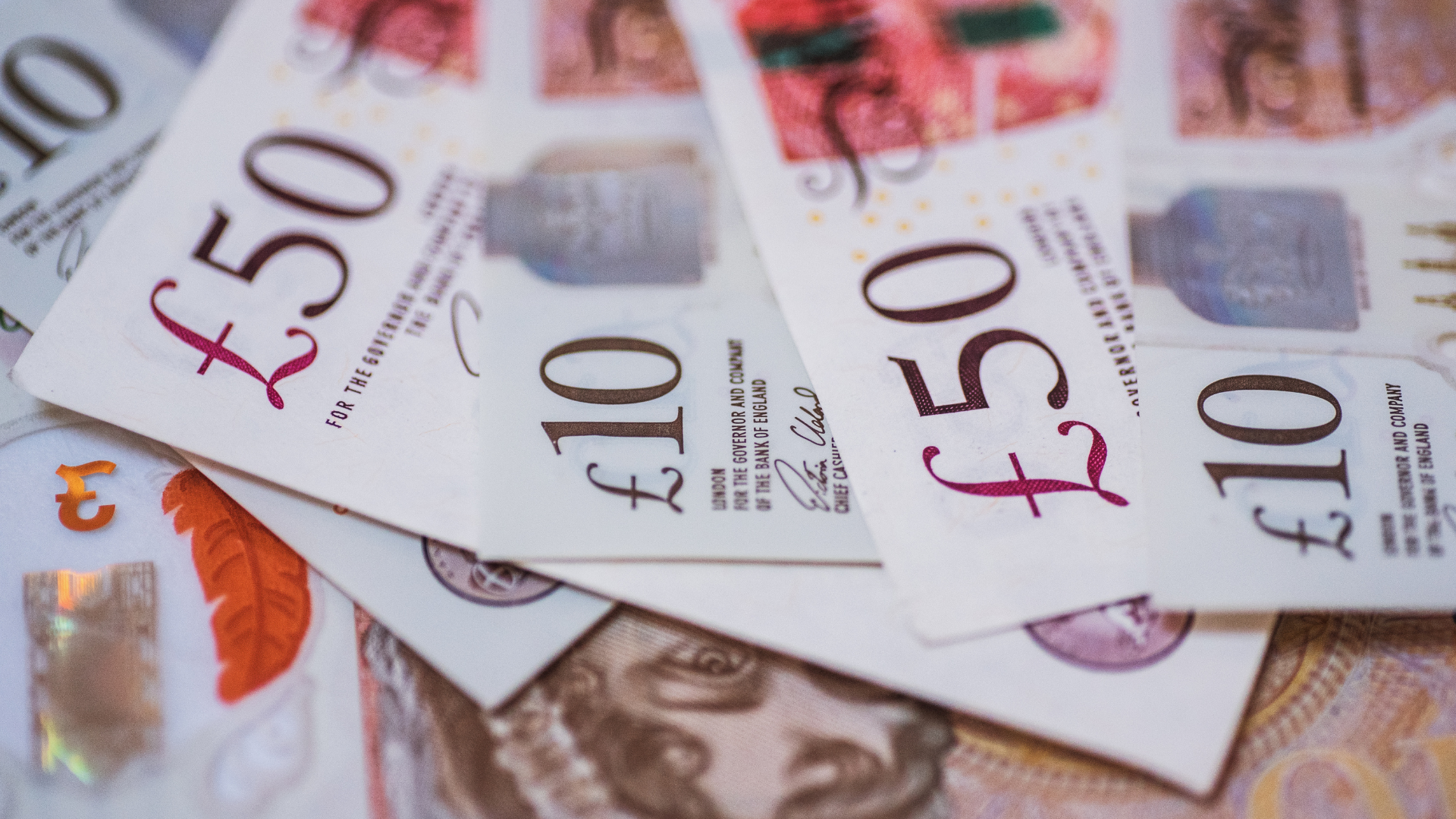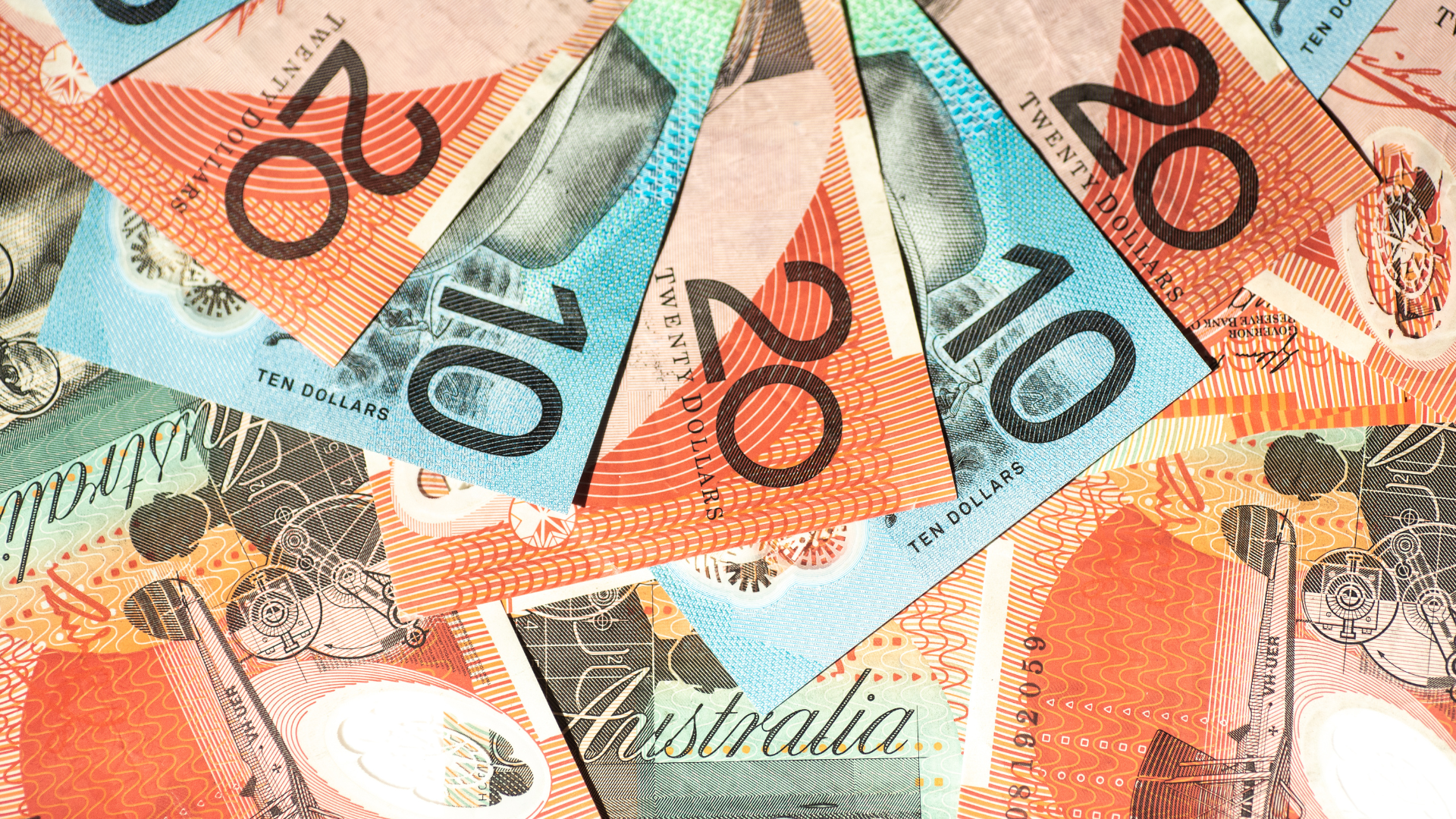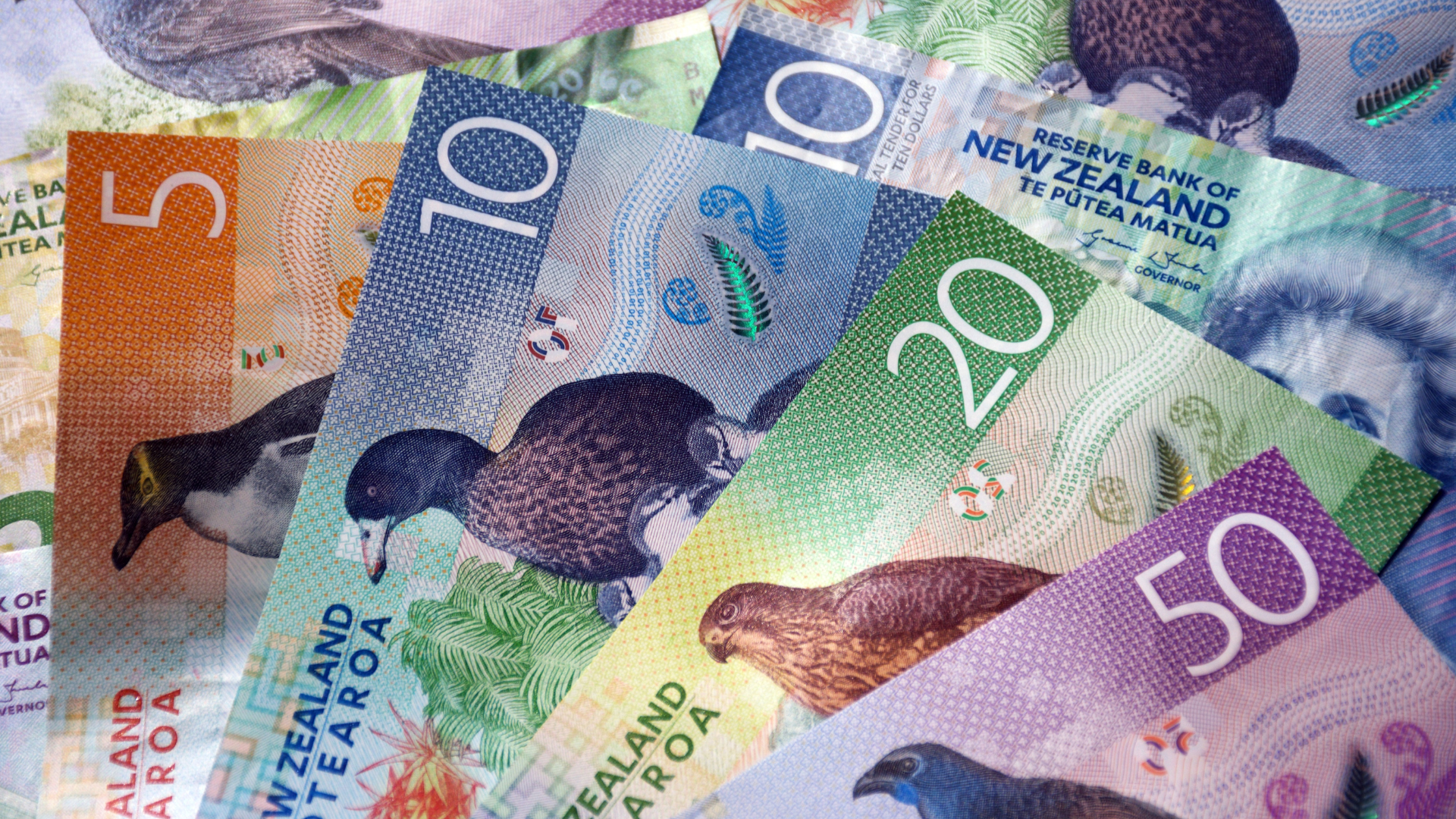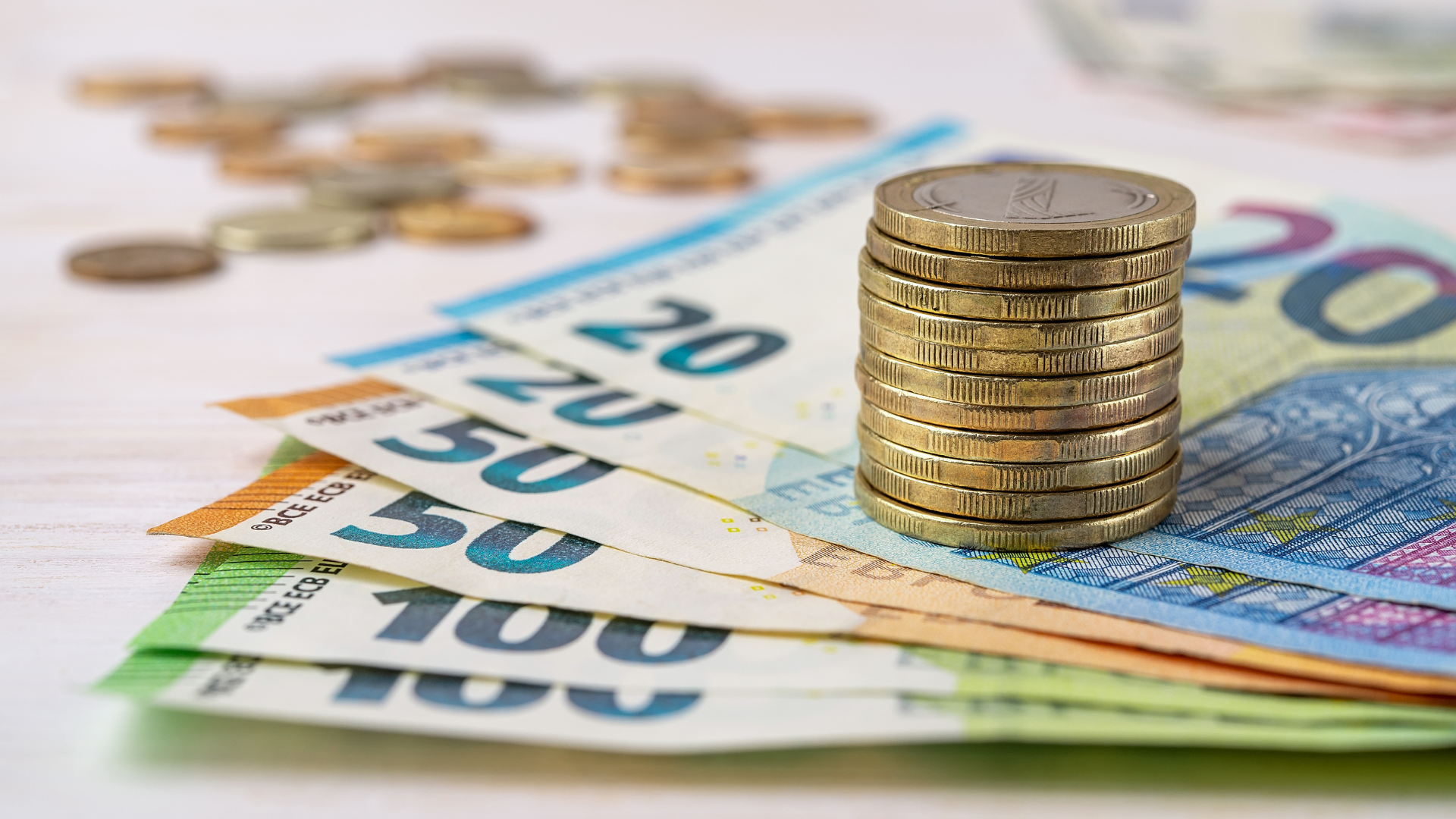Consumer spending in Japan saw its biggest jump in over two years, driven by rising wages and improving household confidence. The latest data signals a potential boost to domestic demand, reinforcing expectations of a policy shift by the Bank of Japan as inflationary pressures persist.
The surge in spending comes as companies respond to labor shortages with higher pay, supporting consumer purchasing power. Recent agreements on wage hikes have encouraged households to increase discretionary expenditures, particularly in retail and services.
Economists see this trend as a sign that Japan’s long-stagnant domestic demand may be gaining traction. If wage growth continues, it could provide the BOJ with further justification to adjust its long-standing ultra-loose monetary policy, which has kept interest rates at historic lows.
Inflation remains a key factor, as rising prices have previously dampened consumer sentiment. However, stronger income growth has helped offset cost-of-living pressures, allowing for more robust spending patterns. Retailers and service industries are already benefiting from the shift in consumption behavior.
Market analysts are closely watching whether this spending momentum can be sustained, as external risks, including global economic uncertainty and currency fluctuations, may still impact Japan’s recovery. A prolonged uptrend in wage growth would likely strengthen the case for policy tightening.
For now, Japan’s household expenditure trends point to a more optimistic outlook, with consumers feeling the impact of rising wages. The coming months will determine whether this recovery translates into a lasting shift in economic dynamics.

